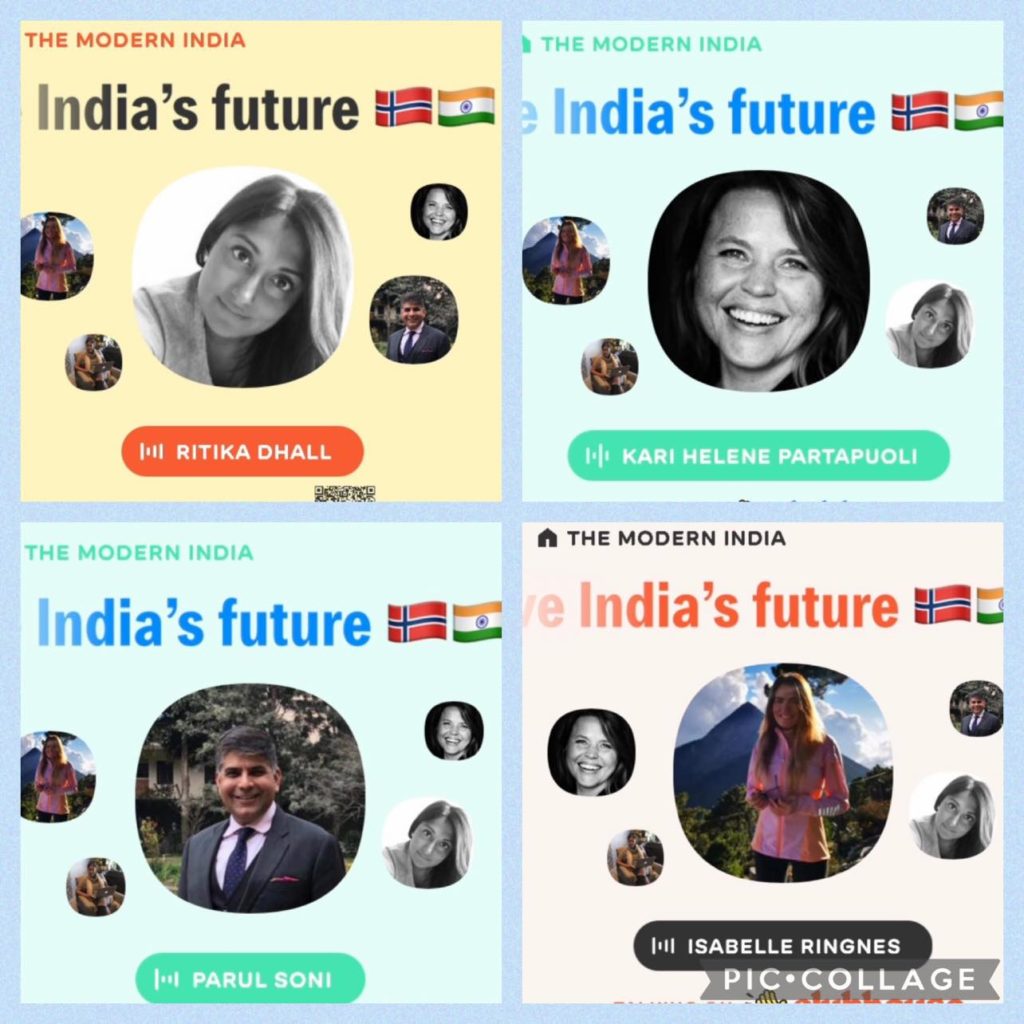Sustainable development depends on women. We cannot achieve the SDGs without gender equality. A big thank you to to the 60+ who joined our event. Also a big thank you to Norad, Norwegian Agency for Development Cooperation, who was our co-host for this event.
India now officially has more females than males. There has been a demographic shift.
According to latest data released by the Indian government, there are now 1,020 women for every 1,000 men. Women’s economic empowerment is highly connected to poverty reduction because women tend to invest their earnings into their communities and family’s development. According to World Bank estimates, India’s women in workforce contribute 17% to GDP, which is less than half the global average.
The conversation was moderated by Ritika Dhall.
Ritika Dhall is Head of Gender Equality at Norad, the Norwegian Directorate for Development Cooperation. In this function, she contributes to Norway’s international engagement and oversees the implementation of development aid investments in women, peace and security, sexual and reproductive health and rights (SRHR), LGBTQ+, gender based violence and harmful practices, gender equality for development and civil society. From 2012-2014, she worked on key programmatic interventions in social protection and social policies, contributing to cross-sectoral programme strategies and humanitarian response with UNICEF Iraq. She has worked extensively with inequalities, socio-economic deprivations through policies, programmes and services for marginalised groups. She holds a Cand. Polit. in Political Science.
Our guests were:
Isabelle Ringnes, co-founder of Equalitycheck.com
Parul Soni, founder of ThinkThrough Conslutning and founder of Association of Business Women in Commerce & Industry (ABWCI)
Kari Helene Partapuoli, General Secretary, Plan Norway

A few of the questions that were addressed:
You can listen to the podcast here:
A big thank you to the 50+ who attended this seminar.
Did you know that Yara have taken the lead in developing digital farming tools for precision farming and work closely with partners throughout the food value chain to improve the efficiency and sustainability of food production?
DMI invited Sanjiv Kanwar, the country manager, India for Yara International on Clubhouse to discuss the transition of agriculture in India and the various opportunities that lie ahead.
Here is what was discussed:
- Future of Yara International in India
- Food and nutritional security
- Digital farming
- SDGs and participation of women in agriculture
- Yara's Covid response in India